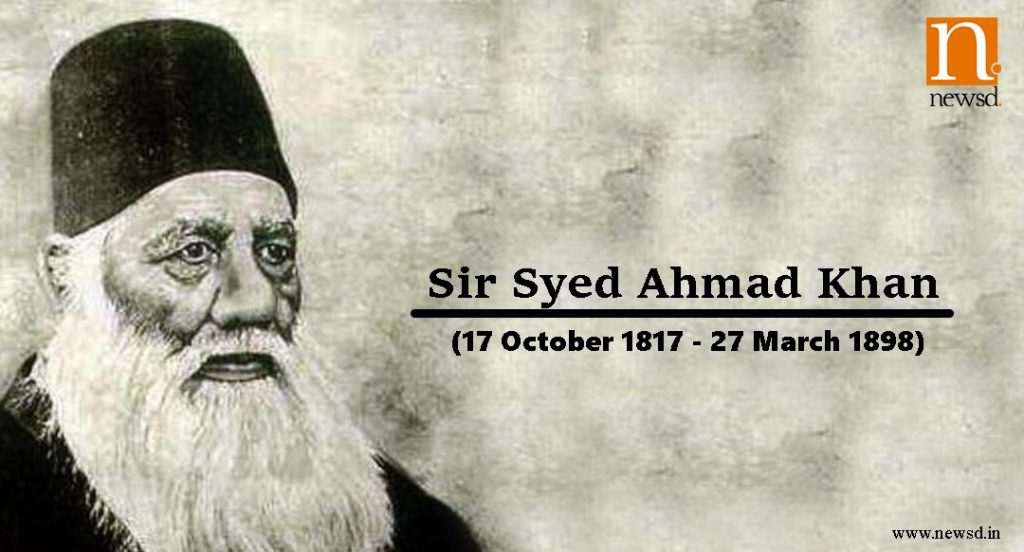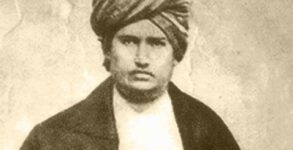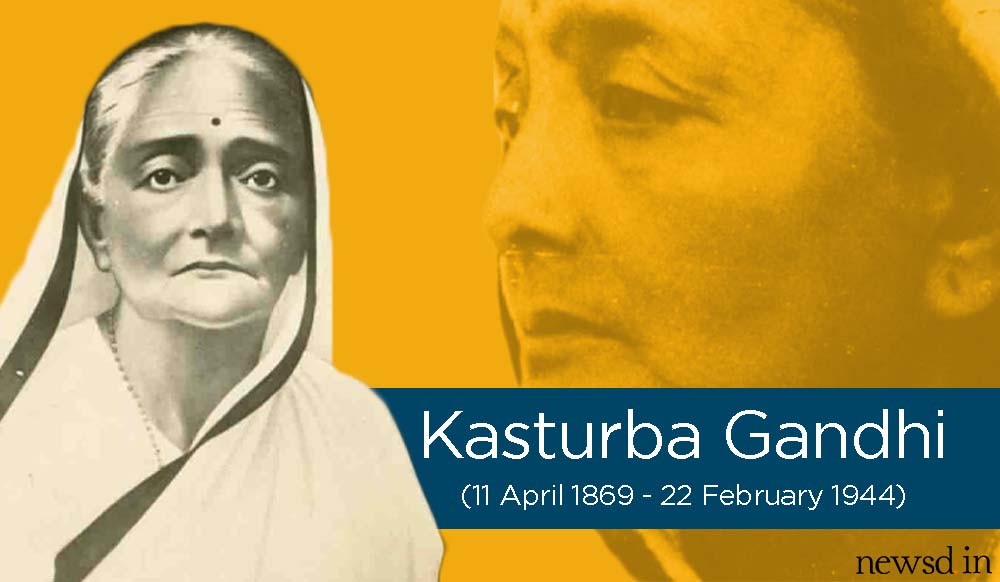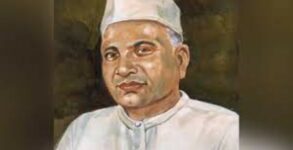Indian Muslim pragmatist, Islamic reformist, and philosopher of the nineteenth century, Sir Syed Ahmad Khan was born on October 17, 1817, in Delhi. By 1838, he joined East India Company and became a Small Causes Court Judge in 1867 retiring in 1876. He believed that the future of Muslims was doomed by the rigidity of their orthodox outlook, and began to promote Western-style scientific education by founding modern schools and journals and organising Muslim entrepreneurs.
During the early 19th century, the status of women in India was the worst. The educational framework of our country was in shambles. Sir Syed Ahmad Khan despite being a moderate took great exception to the Britishers’ feudal structure in the educational system in the country; he not only expounded the theory of democratizing education but also made relentless efforts towards achieving parity with Europe in terms of education.
Educational Status in nineteenth-century India
The literacy rate of the nineteenth century in India ranged from anywhere between 3 to 7 per cent, female literacy is estimated by various sources to be less than one per cent. In 1853 the Gross Enrolment Ratio in India (cutting across religion) was 0.014 per cent, the average literacy rate for Hindus was 8.4 per cent and that for Muslims was 6.4 per cent.
Perhaps, it will not be an exaggeration to say that Sir Syed Ahmad Khan was a first among equals in terms of his zeal and dedication towards revolutionising the way Indians were educated. Sir Syed Ahmad Khan was farsighted enough to link the economic critique of colonialism with India’s dilapidated educational status, he remarked even before Ranade, Naoroji, and others that ignorance and lack of education was the major reason why Indians were poor despite India being rich in various natural resources.
Sir Syed Ahmad Khan’s Efforts and their Impact
“Sir Syed Ahmad Khan was the profit of education in India,” said Mahatma Gandhi.
The long trail of Sir Syed’s work in the field of education can best be judged by the number of secular and scientific institutions that he founded. The fact that Sir Syed Ahmad Khan was a great votary of women’s right to education was evident from his views on Muslim personal law, he greatly differed from other Muslim scholars on questions of divorce and women rights, and he also condemned domestic violence against women in the strongest words.
Sir Syed established the Scientific Society in 1863 to inculcate scientific temper among the youth, particularly Muslim youth since it was perceived that they had lagged behind in modern scientific pursuits which were considered western and anti-religion in most parts of northern India.
Sir Syed then started the Aligarh Institute Gazette in 1866, this organ of the Scientific Society went a long way in reforming the ideas of the general Muslim population of North India men and women alike.
In 1875 Sir Syed established the Mohammedan Anglo Oriental College while doing so he made conscious efforts to model the institutions on the line of Oxford and Cambridge Universities, this attempt at breaking the glass ceiling and dispelling the myth of western supremacy was widely lauded as well as criticised but what is worth noting is the fact that he had set out on a mission to instil a spirit of inquiry in ordinary Indians, men, and women alike.
Apart from establishing institutions with a distinctly liberal spirit Sir Syed Ahmad Khan also did some scholarly legal work in the field of civil rights for women.
The Civil Rights Act of 1866 (empowerment of women) could not have been passed without the legal scholarly help that Sir Syed Ahmad extended to the bill.
If we take time out to delve into the early life of Sir Syed Ahmad Khan we get to know that he imbibed this liberal world view from a long tradition of scholarship running into his family, in fact he learnt Quran from a female tutor something which was very rare in the early nineteenth century.
Also Read: Tribute to Sir Syed Ahmed Khan: Translation of both editions of ‘Asār-us-Sanadīd’
Sir Syed Ahmad Khan in Retrospect
The fact that a girl’s school was established in Aligarh just a decade after his death lays testimony to the timelessness of his ideas. The founders of the girls’ school cited Sir Syed Ahmad as the inspiration behind it and hence gave strength and endurance to his views towards women’s education throughout the country. It won’t be an exaggeration to state that the Aligarh Muslim University is a great symbol of Sir Syed Ahmad’s vision and efforts towards the education of women in India.

















